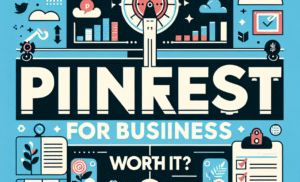Related Posts
Introduction: The Power of a Persuasive Call to Action
Understanding the Role of a Call to Action
Know Your Audience and Their Motivations
Research and Segmentation
Be Clear and Specific
Use Action-Oriented Verbs
Create a Sense of Urgency
Examples of Urgency Phrases
Highlight the Benefits
Design Matters: Make Your CTA Visually Appealing
Best Practices for Button Design
Placement Strategies: Where to Position Your CTA
Use Multiple CTAs
A/B Testing: Optimize Your Calls to Action
Key Metrics to Track
Use Persuasive Language and Psychological Triggers
Integrate Social Proof
Keep It Mobile-Friendly
Examples of Powerful Calls to Action
- Download Now: “Download our free eBook and master the art of digital marketing!”
- Sign Up Today: “Join our newsletter to receive exclusive updates and offers.”
- Get Started: “Get started with your free trial — no credit card required.”
- Book Your Spot: “Register now to secure your seat at the upcoming webinar.”
Conclusion: Master the Art of Persuasion
Influencer Marketing: What You Need to Know
Comments Off on Influencer Marketing: What You Need to Know
The Rise of Video Marketing: Trends and Tips
Comments Off on The Rise of Video Marketing: Trends and Tips
The Rise of Video Marketing: Trends and Tips
Comments Off on The Rise of Video Marketing: Trends and Tips
Retargeting Ads: How They Work and Why They Matter for Your Business
Comments Off on Retargeting Ads: How They Work and Why They Matter for Your Business
Using Chatbots to Increase Engagement: Unlocking the Future of Digital Interaction
Comments Off on Using Chatbots to Increase Engagement: Unlocking the Future of Digital Interaction
Marketing Metrics That Actually Matter
Comments Off on Marketing Metrics That Actually Matter
Pinterest for Business: Is It Worth It? A Comprehensive Guide to Boost Your Brand in 2024
Comments Off on Pinterest for Business: Is It Worth It? A Comprehensive Guide to Boost Your Brand in 2024






